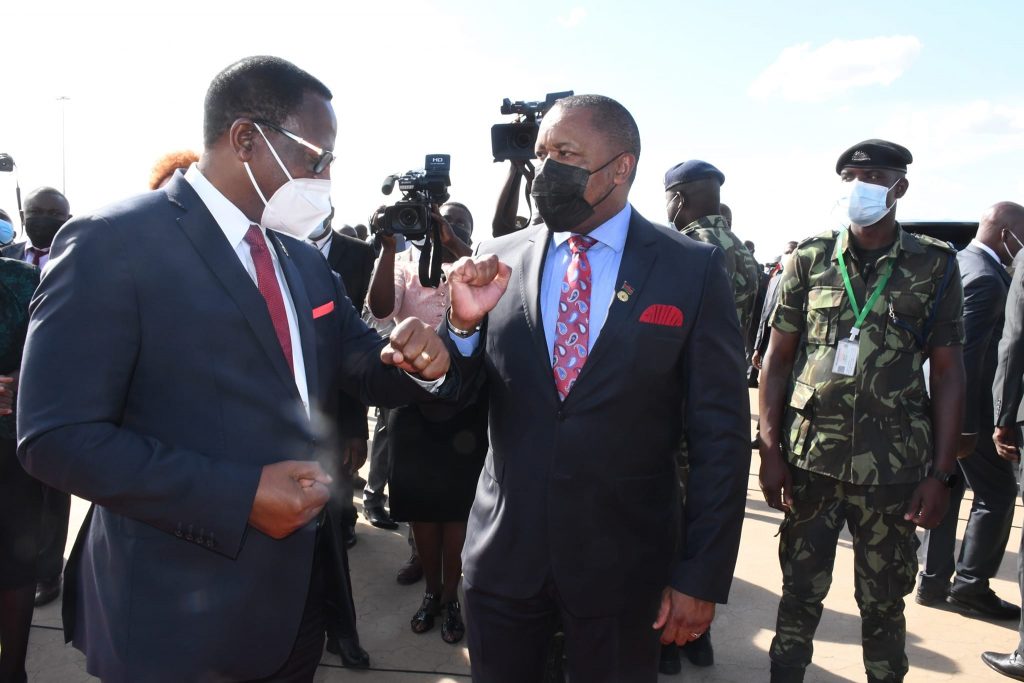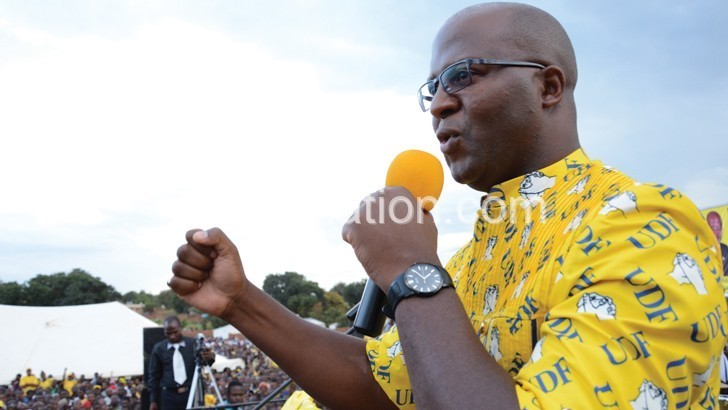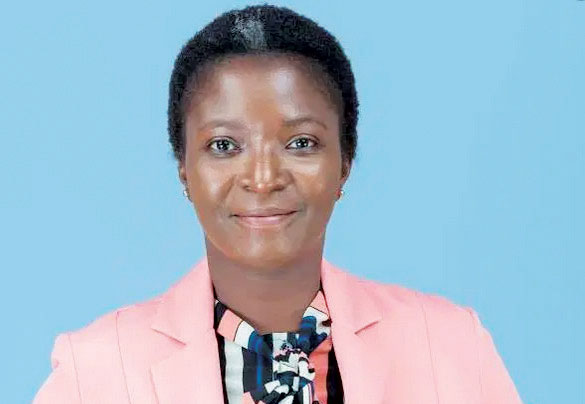‘End culture of corruption’
Our nation is facing significant challenges at the moment.
The challenges that have resulted from the ugliest of human traits—greed.
Greed is a very dangerous motivation as it seems to find new ways to justify itself.

I am sure that there is wide acknowledgement by those who follow current affairs that we are again facing a political and economic crisis that has left the leaders of our country in a state of paralysis.
This comes after President Lazarus Chakwera declared a national disaster in several districts following cyclone Ana that killed at least 32 Malawians. It also follows the worsening economic situation and the ongoing challenges presented by the Covid-19 pandemic.
President Chakwera in his inauguration speech promised to “clear the rubble of corruption” in Malawi.

We now find ourselves deep in the rubble. There is alleged corruption within the office of the Secretary to the Cabinet, at the State House and other organs of Government as revealed by the existing investigation and now the prosecutions related to events at National Oil Company of Malawi.
There are also tales of embezzlement of Covid-19 funds for which no one has been prosecuted yet.
When the President addressed the nation on January 24 2022, he made every effort to say the right things to try to clarify the situation, especially concerning the leaked audio recording of the Anti-Corruption Bureau (ACB) director Martha Chizuma that brought the looming political crisis into sharp focus.
There are many commendable elements of Chakwera’s speech, however there are still questions that remain unanswered.

For instance, the President presented himself as a crusader against corruption, yet soon after the speech, ministers suspected of corruption have been re-appointed into the Cabinet and the government’s chief prosecutor, the Director of Public Prosecutions (DPP), is withholding consent for the ACB to proceed with its investigation.
In dissolving the Cabinet, the nation believed that this was clear action—that Chakwera was removing from his administration individuals tainted with corruption till a full investigation is completed.
The question we must ask is: Why has he reappointed to the Cabinet persons who are under investigation?
Furthermore, he makes mention of “dangerous cartels of corruption that have milked our country dry for decades, including foreign ones that donate to us the crumbs leftover from the bread they steal from us”. Given the ambiguity of this statement, I hope that this is not an attempt to find scapegoats in this crisis.
The impact of the allegations goes well beyond the shame we must feel as a nation.
It undermines our financial standing internationally further damaging our commerce and industry and further weakening our ability to develop as a country.
On Chizuma
Let us acknowledge the difficult conditions in which the the ACB director found herself and recognise that the recording was essentially her first error of judgment ever since she took on such a difficult role.
Chizuma was definitely indiscreet and that is unacceptable, but fighting corruption is not easy. It requires determination and resolve.
Support must, therefore, be given to those that lead this challenging task and Chizuma needs all our support.
The leaked recording—which irked the President—seems to have been made and deliberately leaked by State agents.
However, it seems that there is little interest in knowing who was responsible for this arguably criminal operation meant to compromise the ACB director and obstruct the course of justice.
Way forward
To restore public trust in the government, I propose the following concrete actions and ask that the Government provides a direct response:
1. Government and international development partners need to immediately strengthen the capacity of the ACB with the necessary systems and resources to conduct their role effectively.
2. A credible international expert or organisation with experience in investigating and combatting corruption needs to be identified and seconded to the ACB. Their role, to embolden the existing team, strengthen capacity, and be a “fresh pair of uncompromised eyes” for the ACB leadership.
3. Establish a fully independent auditing body, which conducts regular checks of the Register of Interests, to ensure that declaration of assets is accurate.
4. An annual publication of lifestyle audits for all elected officials and senior public servants.
5. Amend the Corrupt Practices Act (CPA) on the Office of the DPP withholding consent to prosecute those suspected of corruption.
6. Amendment of sections five and seven of the CPA to enhance the independence of the ACB by trimming presidential power on appointment.
If we are to decisively deal with corruption, we must change the very culture that has been established.
As I am on record for saying many times, this takes leadership at every level of our society, but particularly at the top.
There cannot be any hiding places. If you are in a position of leadership or supporting that leadership, then you must be exemplary.
Any allegation must be properly investigated by the relevant independent authorities and to prosecute any person accused of wrongdoing.
To be clear, I do not define leadership by the trappings of office—but by the vital role of providing clear guidance, example and understanding to drive a stated direction. In sum, corruption is a symptom of weak leadership and has no place in Malawi.





